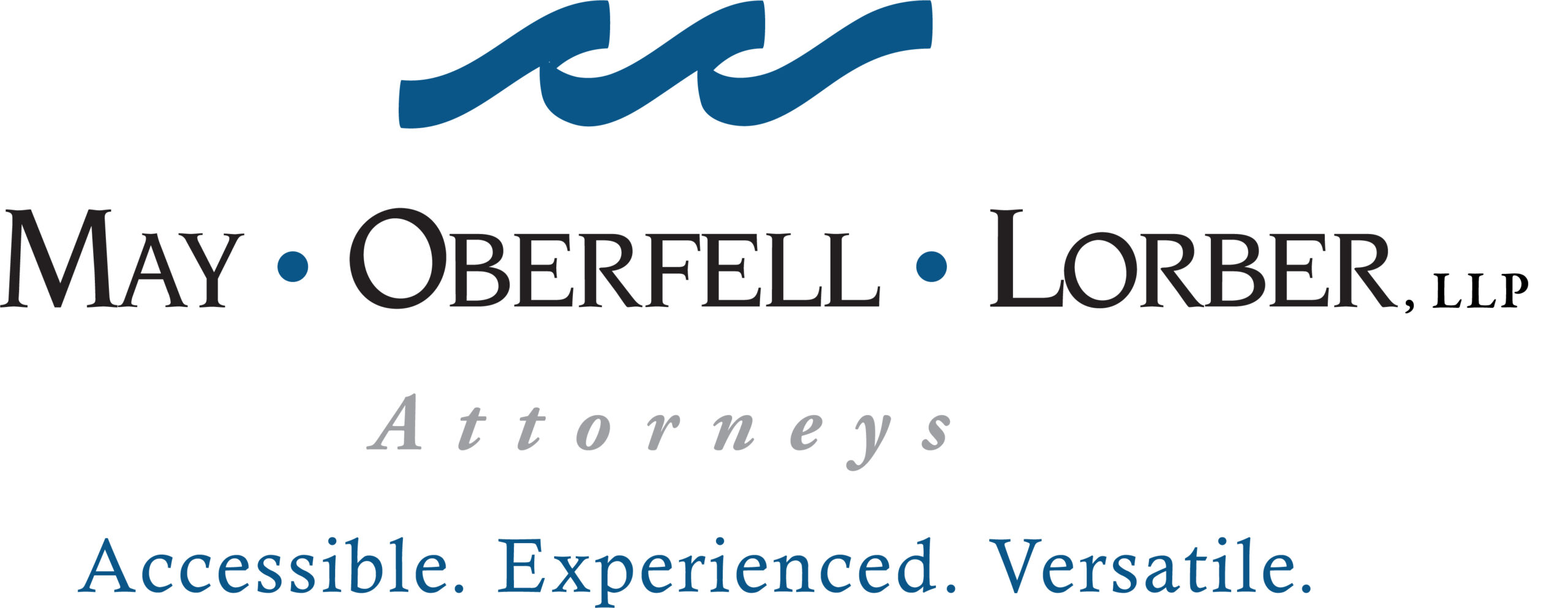Getting Your Case to the Indiana Supreme Court
South Bend / Mishawaka, IN – Many a client has proclaimed: “I’ll fight this to the Supreme Court.” The process by which a case makes its way to the Indiana Supreme Court, however, is a little more involved than simply filing an appeal. Depending on the type of case it is, there are several ways a case can find itself before the state’s highest court.
First, there are a few types of cases—specifically enumerated in Article 7, Section 4 of the Indiana Constitution—by which the Indiana Supreme Court exercises original and exclusive jurisdiction. This means that the Court has the power to consider the case for the first time, as opposed to considering the case on appeal after it has been heard at the trial-court level. Those cases involve:
- the admission to practice law;
- discipline or disbarment of those admitted to practice law;
- the unauthorized practice of law;
- discipline, removal and retirement of justices and judges;
- supervision of the exercise of jurisdiction by the other courts of the State; and
- issuance of writs necessary or appropriate in aid of its jurisdiction.
Furthermore, the Indiana Supreme Court has mandatory and exclusive appellate jurisdiction over types of cases specifically enumerated by Indiana Rule of Appellate Procedure 4(A)(1). This means that the Court must hear the case if it is appealed from the trial court, and that the case bypasses the Indiana Court of Appeals and goes straight to the Indiana Supreme Court. Those cases involve:
- criminal appeals in which a sentence of death or life imprisonment without parole is imposed under Ind. Code § 35-50-2-9 and criminal appeals in post conviction relief cases in which the sentence was death;
- appeals of final judgments declaring a state or federal statute unconstitutional in whole or in part;
- appeals involving waiver of parental consent to abortion under Rule 62; and
- appeals involving mandate of funds under Trial Rule 60.5(B) and Rule 61.
Beyond those types of cases, the Indiana Supreme Court exercises discretionary jurisdiction, meaning that the Court has discretion over whether it will accept and consider a case on appeal from the Indiana Court of Appeals. Most cases before the Court fall into this category. If a party’s case does not qualify for original jurisdiction or mandatory appellate jurisdiction, then the party must file a petition to transfer in order to get before the Indiana Supreme Court. A petition to transfer is a document that petitions the Court to exercise discretionary jurisdiction and agree to hear the case on appeal. The Court’s decision on whether it will “grant transfer” is guided a list of considerations enumerated by Indiana Rule of Appellate Procedure 57(H):
- the Court of Appeals has entered a decision in conflict with another decision of the Court of Appeals on the same important issue;
- the Court of Appeals has entered a decision in conflict with a decision of the Supreme Court on an important issue;
- the Court of Appeals has decided an important federal question in a way that conflicts with a decision of the Supreme Court of the United States or a United States Court of Appeals;
- the Court of Appeals has decided an important question of law or a case of great public importance that has not been, but should be, decided by the Supreme Court;
- the Court of Appeals has correctly followed ruling precedent of the Supreme Court but such precedent is erroneous or in need of clarification or modification in some specific respect; and
- the Court of Appeals has so significantly departed from accepted law or practice or has sanctioned such a departure by a trial court or Administrative Agency as to warrant the exercise of Supreme Court jurisdiction.
If the Court grants transfer, then the Court has preliminarily agreed to consider the case, and the immediate effect is that the Indiana Court of Appeals decision is vacated. If the Court denies transfer, then the Court of Appeals decision is the final resolution of the case. Absent special circumstances allowing the case to be appealed to a federal court, no further relief can be sought from a higher court.
The attorneys at May Oberfell Lorber are well-versed in appellate law and procedure and can provide high-quality, cost-effective representation in appeals pending in State and Federal courts, and before administrative agencies.
This article is for information purposes only and is not intended to constitute legal advice.
Written by Craig Martin under the supervision of Bob Palmer. Craig is a Summer Associate at May Oberfell Lorber and is a rising third-year law student at Maurer School of Law at Indiana University Bloomington. Bob Palmer is a partner at May Oberfell Lorber with extensive experience in appellate representation.
